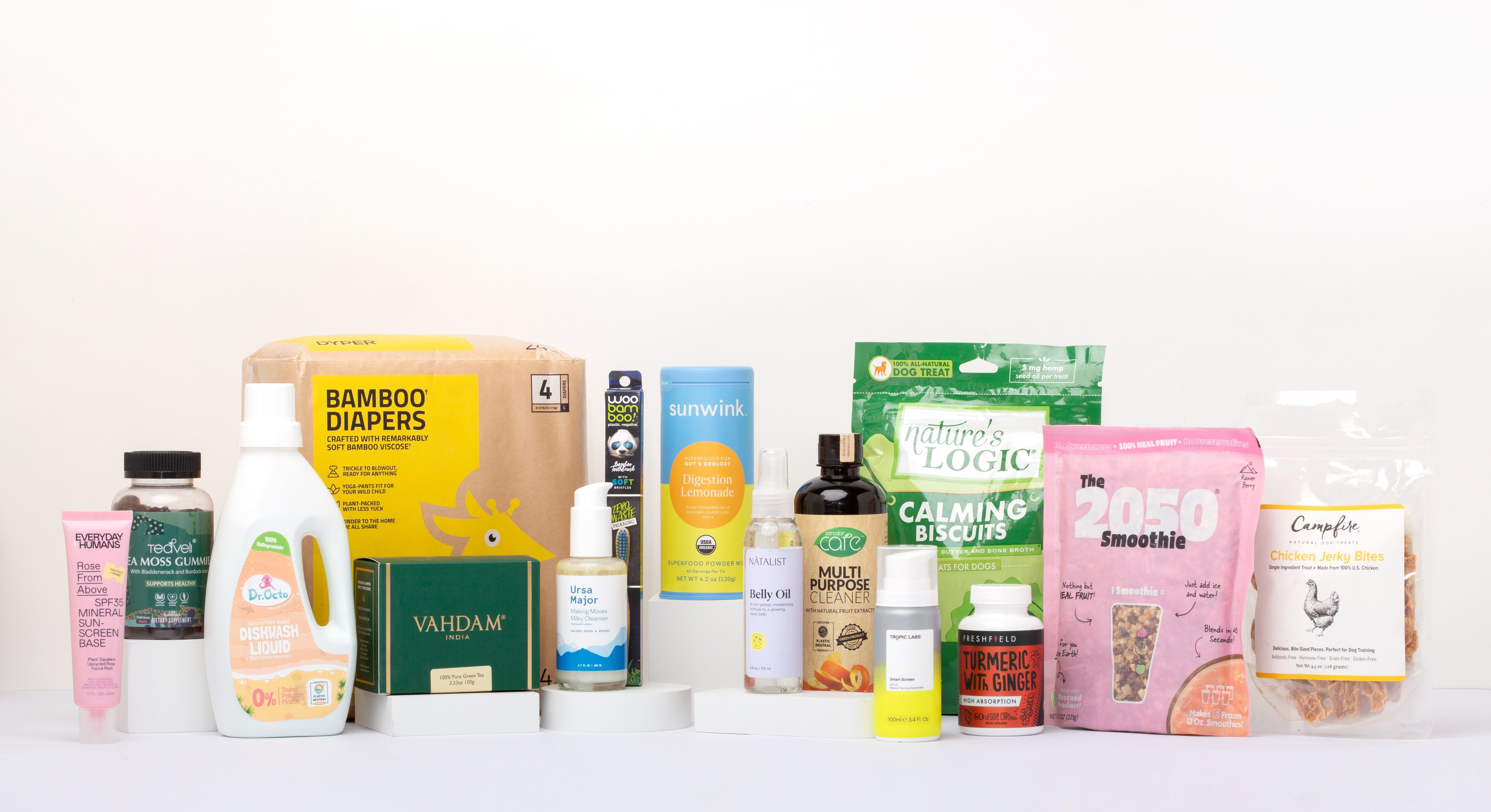RePurpose Global’s Impact Projects: Where Plastic Cleanup Creates Community Power
See how rePurpose Global’s projects clean up plastic while uplifting communities through jobs, equity, and social change.
At rePurpose Global, environmental impact is just the beginning. While our Impact Projects are designed to remove plastic pollution from some of the world’s most vulnerable ecosystems, they’re also built to uplift the people and communities on the frontlines of the waste crisis. Using our BASE Framework, each project goes beyond collection to ensure meaningful co-benefits — from creating safe, dignified jobs to empowering women and building local infrastructure. These stories from India and Colombia show how circular solutions can also be deeply human ones.
Supporting Female Empowerment– Hara Kal (Kerala, India)
In Kerala, India, plastic pollution and gender inequality go hand in hand — and Hara Kal is addressing both.
Coastal plastic pollution in Kerala, India is three times the global average. At the same time, only 21% of women are employed, and the state faces the highest gender pay gap in the country.
rePurpose Global’s Hara Kal project is tackling these challenges head-on. The initiative has upskilled and formally employed local waste workers — many of them women. By training women in last-mile plastic collection and sorting, Hara Kal has removed over 23 million pounds of plastic waste while advancing gender equity and economic inclusion by offering women safe, dignified, and reliable employment.
The result is a ripple effect: improved waste management infrastructure, empowered communities, and a model for how environmental and social progress can go hand in hand.
Hear directly from our waste warriors– Bindu’s story.
Transforming Waste into Public Amenities– Nuevo Ciclo (Medellín, Colombia)
In Medellín, Colombia, the Nuevo Ciclo project is redefining what’s possible by turning waste into a resource.
Faced with a growing housing shortage and a system that collects less than 2% of flexible plastics, the city has long relied on informal waste pickers to keep litter pollution at bay. Nuevo Ciclo is engaging the community in plastic recovery by encouraging residents to collect and donate used plastic bottles filled with low-value plastic waste.
These collected “bottles of love” are converted into durable Recycled Plastic Lumber (RPL), which is then used to build much-needed public amenities, including schools, playgrounds, and housing.
With 32 waste workers now formally employed and nearly 700,000 pounds of plastic removed from the environment, Nuevo Ciclo not only tackles pollution but also contributes tangible, lasting value to local communities — turning everyday waste into community spaces.
Protecting Wildlife & Creating Community Infrastructure– Paraíso de Ballenas (Buenaventura, Colombia)
Along Colombia’s remote Pacific coast, where no formal waste collection existed, plastic was often burned or left to litter the landscape — eventually making its way into the ocean and threatening fragile marine ecosystems such as one of the world’s most important whale breeding grounds.
Through a local partnership, rePurpose has enabled the collection of over 134,000 pounds of plastic waste from beaches and riverside communities, transporting it by boat to appropriate end-of-life destinations, including facilities equipped to recycle even contaminated materials.
Formally employing 112 local waste workers and fostering community awareness, the project is also creating cleaner, healthier environments for those on land. By laying the groundwork for local waste infrastructure in hard-to-reach areas, it’s helping communities build lasting systems to manage their waste more effectively for years to come — turning short-term cleanup into long-term resilience.
When waste recovery is done right, it can uplift women, strengthen underserved communities, and protect endangered wildlife. These stories illustrate the power of circular solutions — addressing the urgent issue of plastic pollution while generating lasting social change. By designing every project through the lens of environmental justice and community well-being, rePurpose Global is proving that climate solutions don’t need to come at the expense of people — in fact, they can be a powerful vehicle for systems that benefit both the planet and the people who call it home.
Explore more of our impact projects here or connect with our team to learn how your brand can support projects like these.
Get Started with Verified Plastic Recovery for your Brand
Get Started with Verified Plastic Recovery for your Brand
rePurpose Global is here to support your sustainability roadmap with impactful and measurable Plastic Action solutions that deliver immediate results. Partner with us to measure your plastic footprint, fund plastic waste recovery, and create strong sustainability messaging for your brand.
Talk to our team to explore how we can work together.
rePurpose Global is here to support your sustainability roadmap with impactful and measurable Plastic Action solutions that deliver immediate results. Partner with us to measure your plastic footprint, fund plastic waste recovery, and create strong sustainability messaging for your brand.Talk to our team to explore how we can work together.

Related Posts
BASE: Evaluation (Part 4/4)
Part 4 of BASE: Discover how rePurpose Global evaluates recovery impact using audits, tech tools, and transparent systems.
How Brands Can Combat the Global Plastic Waste Crisis with rePurpose Global
Brands funding global recovery can make measurable impact on plastic waste while supporting communities and building credibility.
Navigating the Plastic Pollution Crisis: Why Reduction and Recovery Matter
Learn why reduction and recovery are both essential to tackling plastic pollution - protecting ecosystems and empowering global communities.



.png)
.jpg)

.jpg)








